PROTECT YOUR FAMILY FROM THE HEALTH IMPACTS OF CLIMATE CHANGE. VISIT THE NYS CLIMATE AND HEALTH WEBSITE FOR GREAT INFORMATION TO HELP YOU UNDERSTAND THE RISKS, ACCESS AVAILABLE RESOURCES AND WHAT YOU CAN DO TO KEEP YOUR FAMILY SAFE

Climate Change has emerged as the most significant and existential threat to the health and sustainability of our community, our region and our planet.
Read the new Executive Order signed by County Executive Jen Metzger, outling the boldest new Climate Action Agenda in New York
GREEN UPGRADE CALCULATOR

This sophisticated, user-friendly calculator enables energy professionals – contractors, advisors, and analysts – to assess the economic and environmental impacts of green home and transportation upgrades.
What Do Ulster County Residents Think About Climate Change? Click here to review survey results presented by Yale University's Climate Change Communications Program
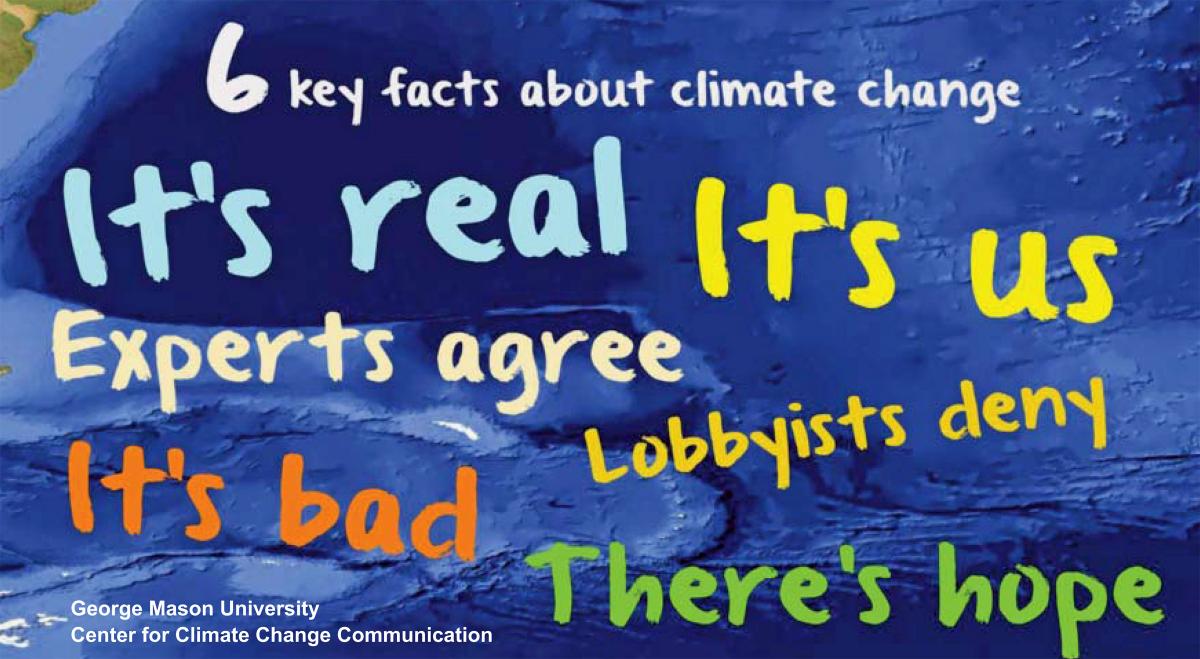
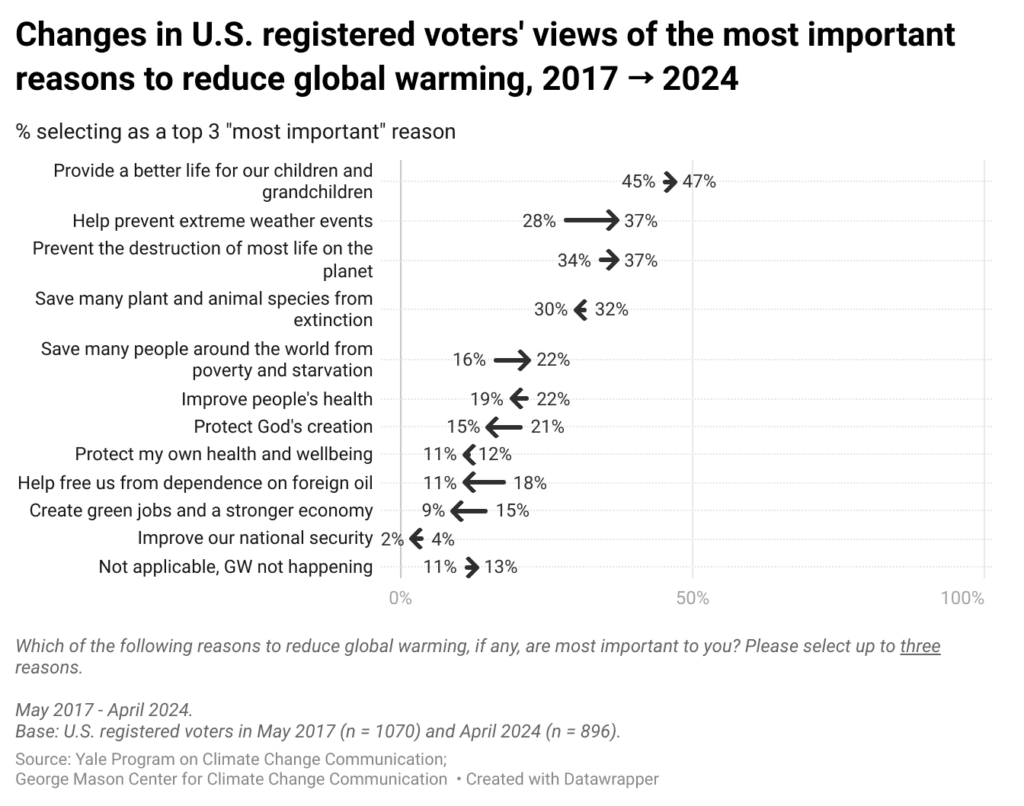
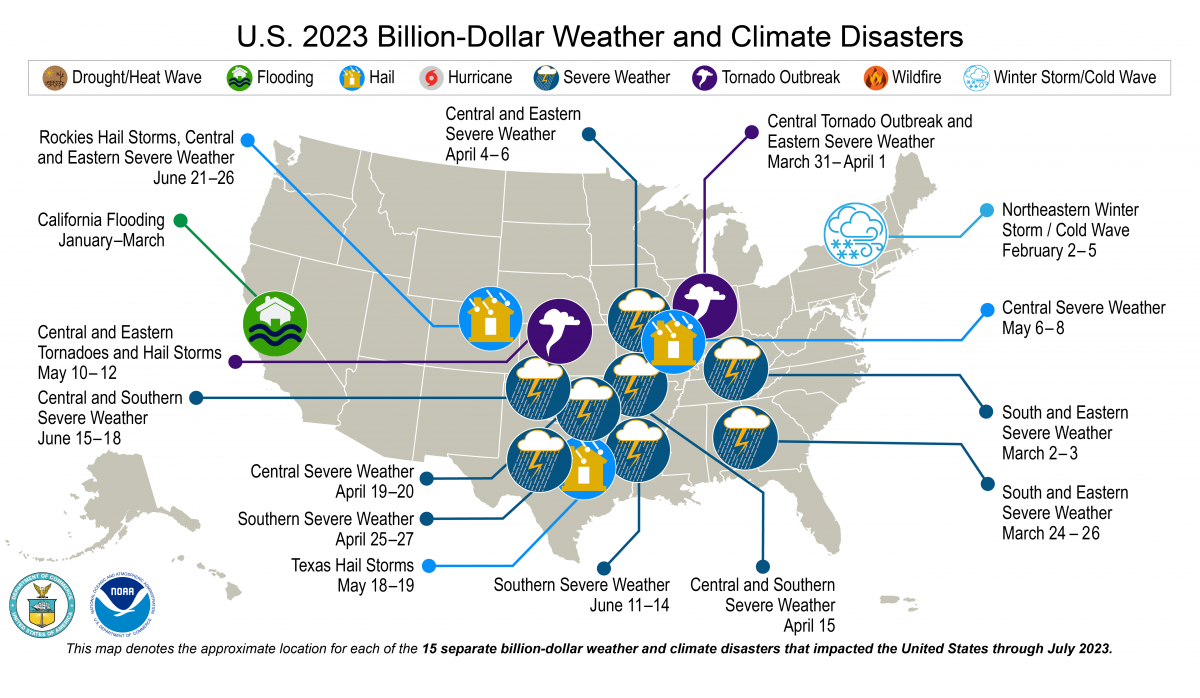
The newest report from the Intergovernmental Panel on Climate Change (IPCC) paints a troubling picture: Climate change is already impacting every corner of the world, and much more severe impacts are in store if we fail to halve greenhouse gas emissions this decade and immediately scale up adaptation.
Human-induced climate change is causing dangerous and widespread disruption in nature and affecting the lives of billions of people around the world, despite efforts to reduce the risks. People and ecosystems least able to cope are being hardest hit, said scientists in the latest Intergovernmental Panel on Climate Change (IPCC) report, released today.
“This report is a dire warning about the consequences of inaction,” said Hoesung Lee, Chair of the IPCC. “It shows that climate change is a grave and mounting threat to our wellbeing and a healthy planet. Our actions today will shape how people adapt and nature responds to increasing climate risks.”
The world faces unavoidable multiple climate hazards over the next two decades with global warming of 1.5°C (2.7°F). Even temporarily exceeding this warming level will result in additional severe impacts, some of which will be irreversible. Risks for society will increase, including to infrastructure and low-lying coastal settlements.
6 Big Findings from the IPCC 2022 Report on Climate Impacts, Adaptation and Vulnerability - World Resources Institute
Following is UN Secretary-General António Guterres’ statement on the Intergovernmental Panel on Climate Change (IPCC) Working Group 1 report issued on August 9, 2021:
"Today’s IPCC Working Group 1 report is a code red for humanity. The alarm bells are deafening, and the evidence is irrefutable: greenhouse‑gas emissions from fossil-fuel burning and deforestation are choking our planet and putting billions of people at immediate risk. Global heating is affecting every region on Earth, with many of the changes becoming irreversible".
Rich countries, including the United States, Canada, Japan and much of western Europe, account for just 12 percent of the global population today but are responsible for 50 percent of all the planet-warming greenhouse gases released from fossil fuels and industry over the past 170 years.
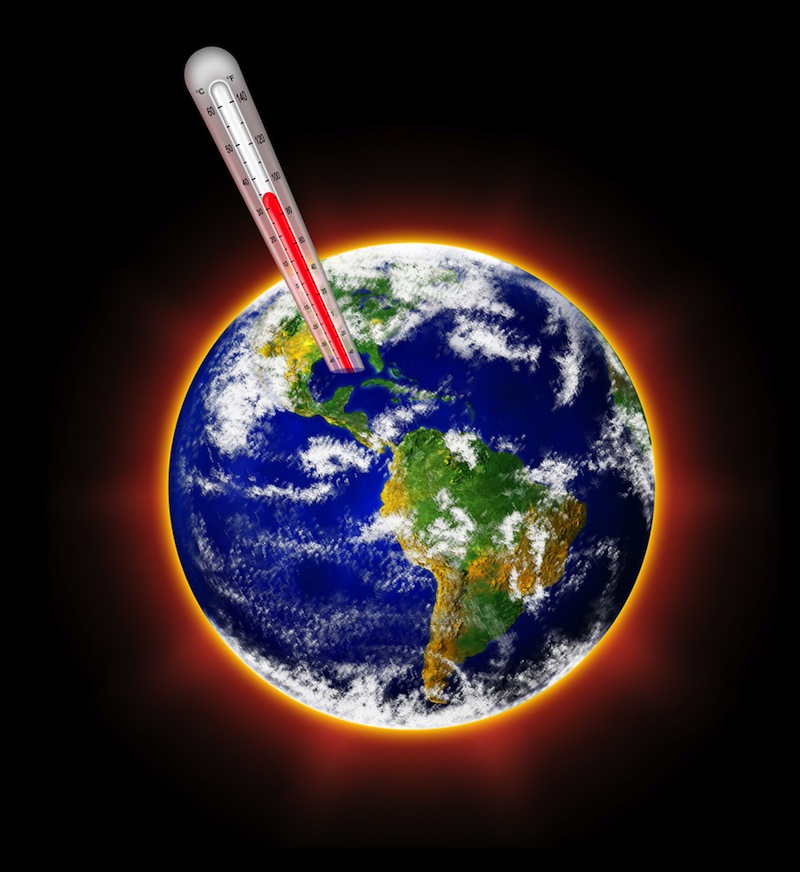

Changing - Courtesy of the Intergovernmental Panel on Climate Change
Accelerating threats include:
- more powerful and destructive natural disasters, including storms and wildfires;
- food insecurity caused by extreme drought and flooding conditions;
- ocean warming that reduces the retention of oxygen and the ability to support marine life;
- flooding of coastal and other high population areas (over 100 of the most highly populated cities in the world are either at or below sea level);
- dramatic increases in refugee populations fleeing from impacted flood, drought and famine areas;
- an unprecedented melting of the polar ice caps and artic tundra that is causing dramatic sea level rise and releasing even more CO2 and methane greenhouse gases into the atmosphere;
- an increase in communicable diseases and insect borne diseases carried by mosquitoes, ticks and other vectors, and
- so much more, including increased conflict and insecurity arising from all of the above
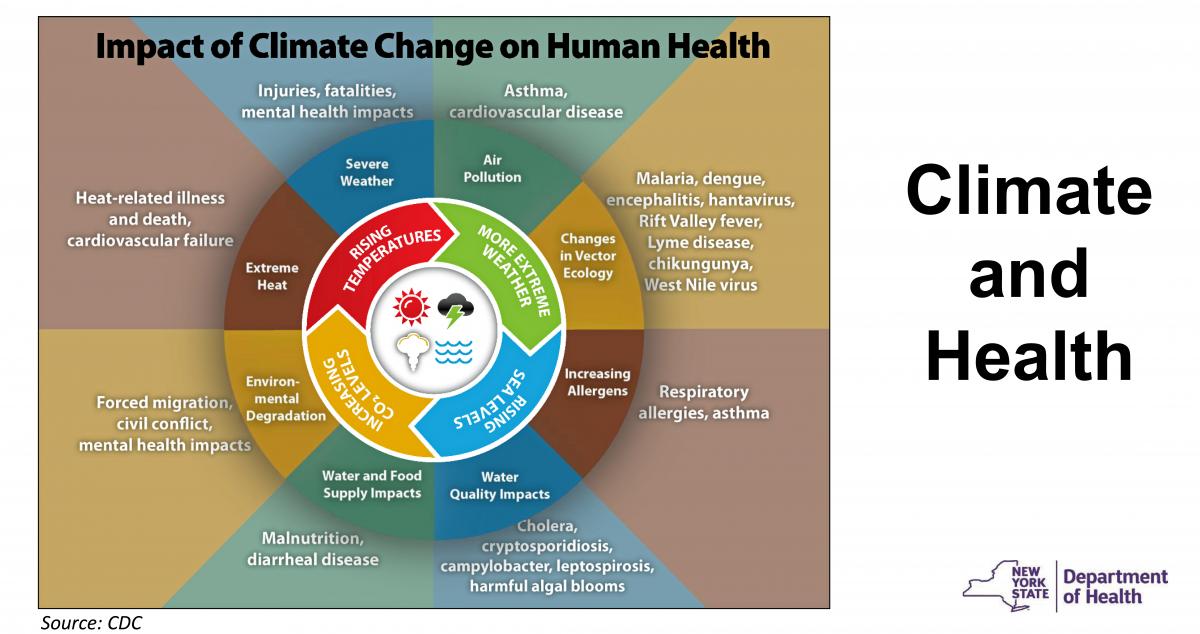
Climate change is already having a significant impact on public health. The effects are being felt in all parts of the world, and they are expected to get worse in the years to come.
Some of the most serious public health consequences of climate change include:
- Increased risk of heat-related illnesses and death. As the Earth's temperature rises, heat waves are becoming more common and more severe. This is a major public health concern, as heat can be deadly, especially for the elderly, the very young, and those with chronic health conditions.
- Increased risk of respiratory illnesses. Air pollution is a major problem in many parts of the world, and it is getting worse as climate change worsens. Air pollution can cause a variety of respiratory illnesses, including asthma, bronchitis, and pneumonia.
- Increased risk of waterborne illnesses. Climate change is making it more difficult to provide clean water to people around the world. This is a major public health concern, as waterborne illnesses can be deadly, especially for children.
- Increased risk of vector-borne diseases. Climate change is making it easier for mosquitoes and other insects to spread diseases like malaria, dengue fever, and Zika. These diseases can be deadly, especially for children.
- Increased risk of mental health problems. Climate change is a major stressor, and it can lead to a variety of mental health problems, including anxiety, depression, and post-traumatic stress disorder.
Why We Should Be Hopeful About Confronting Climate Change
Climate change is a serious problem, but there are also reasons to be optimistic about our ability to confront and slow it down. Here are a few reasons why:
- The cost of renewable energy is plummeting. The price of solar and wind energy has fallen dramatically in recent years, making them increasingly competitive with fossil fuels. This is good news for the climate, as renewable energy sources produce no greenhouse gas emissions.
- The world is investing in clean energy. Governments and businesses around the world are investing billions of dollars in clean energy technologies. This investment is helping to drive down the cost of renewable energy and make it more widely available.
- People are demanding action on climate change. Public opinion on climate change is shifting, with more and more people calling for action. This is putting pressure on governments and businesses to take steps to reduce greenhouse gas emissions.
- There are many new technologies that can help us fight climate change. In addition to renewable energy, there are several other technologies that can help us reduce our emissions, such as carbon capture and storage, energy efficiency, and electric vehicles. These technologies are becoming more affordable and accessible, making them a viable option for fighting climate change.
Of course, there are still challenges to overcome. But the fact that we are making progress on climate change is a reason to be optimistic. With continued investment in clean energy and other technologies, we can make a real difference in the fight against climate change.
- In addition to the reasons listed above, here are a few other things that should make us optimistic about the future of climate change:
- The young generation is more engaged in climate activism than ever before. Young people are leading the charge on climate change, and they are demanding that their leaders take action. This is a powerful force for change.
- There is a growing movement of businesses that are committed to sustainability. Several large companies are now setting ambitious goals to reduce their emissions and become more sustainable. This is a sign that the private sector is taking climate change seriously.
- The scientific community is united in its understanding of climate change. There is overwhelming scientific consensus that climate change is real and that it is caused by human activity. This consensus is a powerful tool for advocacy and action.
We have the tools and the resources to solve the climate crisis. It will not be easy, but it is possible. We must continue to invest in clean energy, develop new technologies, and engage the public in the fight against climate change. If we do these things, I am confident we can create a more sustainable future for ourselves and for generations to come.
There is hope, opportunity and time to stop the inevitable, but only if we ACT NOW individually and collectively as citizens of our beautiful, precious and life sustaining planet (see the resource/action list below):
10 Reasons to Be Optimistic About Climate Change (excerpted from an article appearing in Rolling Stone Magazine on 11.03.21

Do you know your Carbon Footprint (the quantity of greenhouse gasses emitted into the atmosphere by your household and transportation activities)? Find out here with EPA's Carbon Footprint Calculator.
Local, Regional, State, National and Global Information, Advocacy and Action Resources (please note that the following organizations are listed for informational purposes and a listing does not imply official endorsement by Ulster County government or any of its departments or agencies. We urge you to investigate and research any and all of the resources below to determine which information resonates with you and how you can act and make a difference)
Ulster County Green New Deal
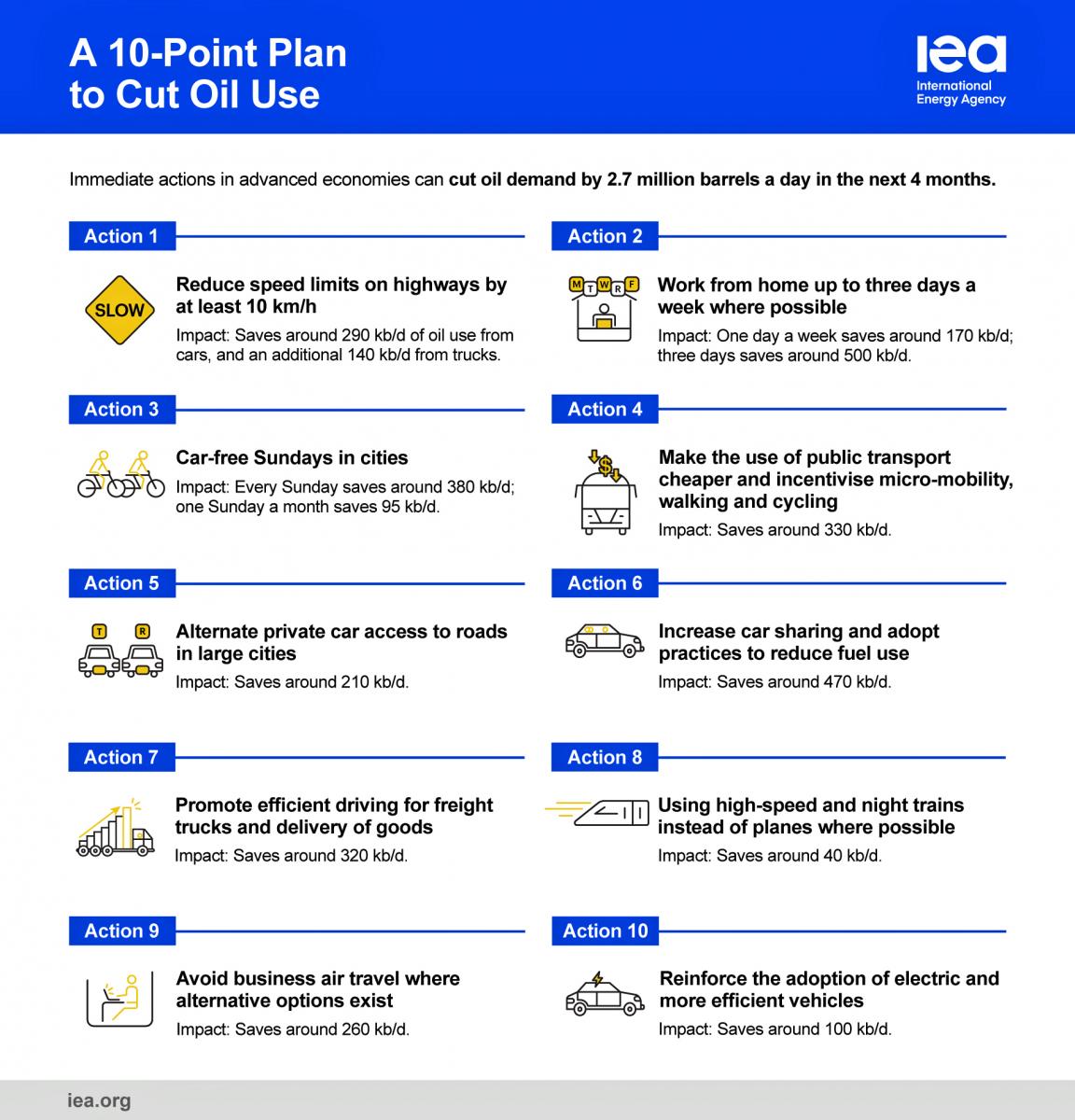
Ulster County Department of the Environment (including Climate Action Plan)
Environmental Advocates New York
Citizen's Campaign for the Environment
Intergovernmental Panel on Climate Change
Natural Resources Defense Council
The Climate Action Tracker is an independent scientific analysis that tracks government climate action and measures it against the globally agreed Paris Agreement aim of "holding warming well below 2°C, and pursuing efforts to limit warming to 1.5°C." A collaboration of two organisations, Climate Analytics and NewClimate Institute, the CAT has been providing this independent analysis to policymakers since 2009.
CAT quantifies and evaluates climate change mitigation targets, policies and action. It also aggregates country action to the global level, determining likely temperature increases during the 21st century using the MAGICC climate model. CAT further develops sectoral analysis to illustrate required pathways for meeting the global temperature goals.

